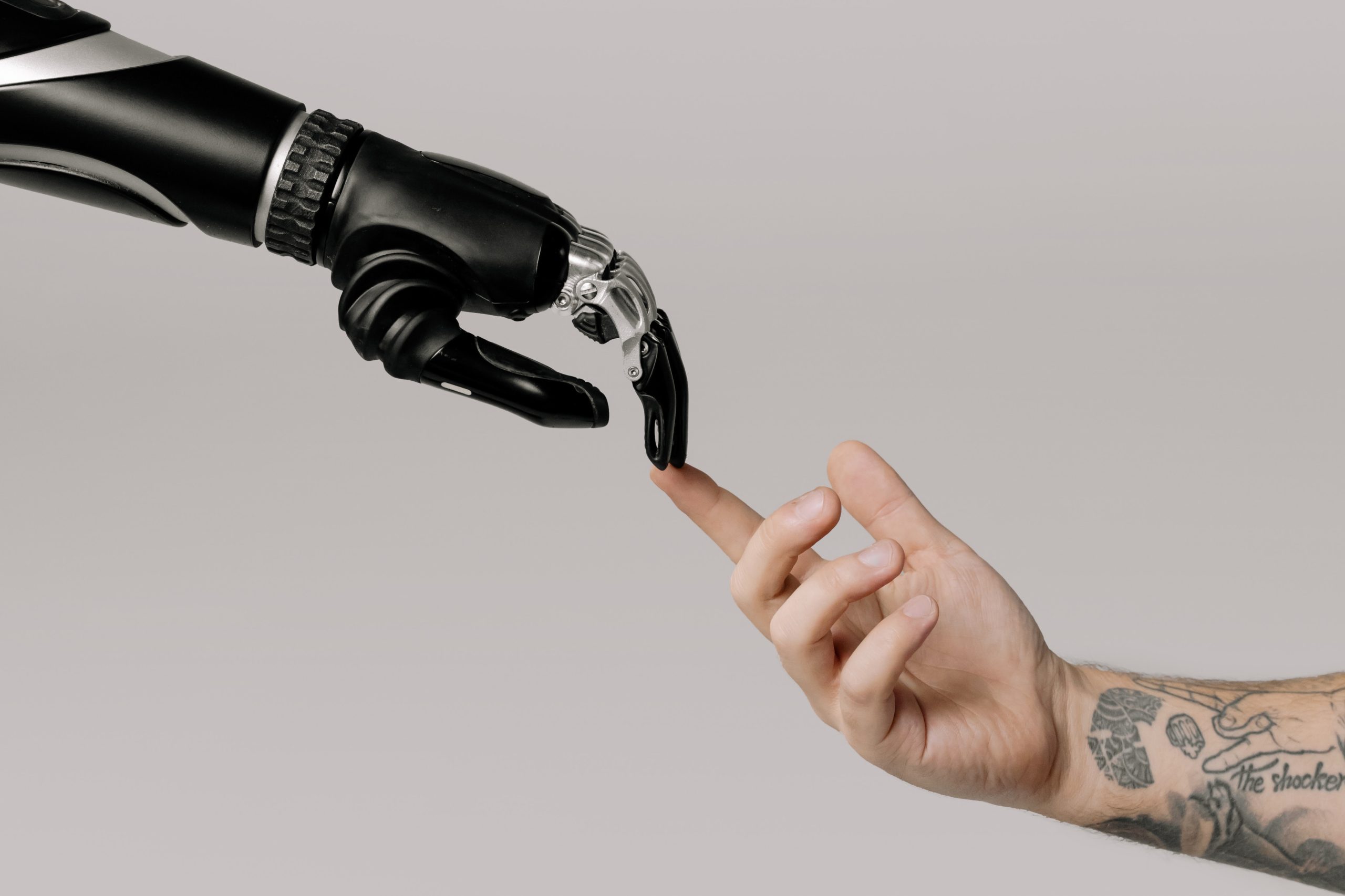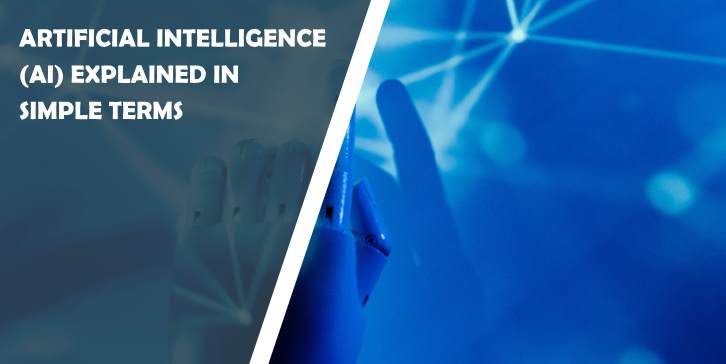In a world increasingly driven by technology, the term “Artificial Intelligence” or AI has become a buzzword. But what exactly is AI, and how does it impact our lives? In simple terms, AI refers to the ability of machines to perform tasks that typically require human intelligence. Let’s break down this complex concept into more digestible chunks.
Artificial intelligence (AI) is increasingly integral to our daily lives, from virtual assistants to self-driving cars. One cutting-edge tool in the AI landscape is the DragGAN AI editing tool, which enables users to easily manipulate images with intuitive drag-and-drop functionality.

What Is AI?
At its core, AI is all about creating computer systems that can mimic human cognitive functions. These functions include learning from experiences, adapting to new information, understanding language, and making decisions. Instead of relying solely on explicit programming, AI systems learn and improve over time by analyzing data and patterns.
Types of AI
1.Narrow AI (Weak AI): This form of AI is designed to perform specific tasks without a broader understanding of the world. Examples include voice assistants like Siri, chatbots, AI images created with prompts, and recommendation systems on streaming platforms.
2. General AI (Strong AI): This level of AI, still theoretical, would have human-like intelligence and the ability to understand, learn, and apply knowledge across various domains.
How Does AI Work?
AI systems rely on algorithms, which are sets of rules or instructions that guide them in performing specific tasks. These algorithms process data, identify patterns, and make decisions based on the information they’ve learned. As they interact with more data, AI systems improve their accuracy and efficiency, just like humans learn from experience.
Machine Learning and AI
Machine learning is a subset of AI that focuses on enabling machines to learn from data without being explicitly programmed. It involves training algorithms on large datasets to make predictions or decisions. For instance, machine learning is behind email spam filters, image recognition systems, and self-driving cars.
Deep Learning
Deep learning is a specialized branch of machine learning that uses artificial neural networks inspired by the human brain. These networks process data through layers of interconnected nodes, gradually identifying complex patterns and features. Deep learning powers applications like language translation, facial recognition, and even generating realistic images.
Natural Language Processing (NLP)
NLP is a field of AI that enables machines to understand, interpret, and respond to human language. It allows chatbots to converse naturally, virtual assistants to answer questions, and sentiment analysis tools to gauge emotions from the text. AI voice generation is also a significant application of NLP, enabling virtual assistants and other systems to communicate with users through spoken language, further enhancing user interaction and accessibility.
AI in Everyday Life
1. Virtual Assistants: Siri, Google Assistant, and Alexa are examples of AI-powered virtual assistants that respond to voice commands, answer questions, and perform tasks like setting reminders or sending texts.
2. Recommendation Systems: Services like Netflix and Amazon use AI to suggest movies, products, or content based on your previous choices and behaviors.
3. Healthcare: AI is used for medical image analysis, diagnosing diseases, and even predicting patient outcomes by analyzing data from medical records.
4. Autonomous Vehicles: Self-driving cars utilize AI algorithms and sensors to navigate, make decisions, and avoid obstacles on the road.
5. Finance: AI algorithms analyze financial data to predict market trends, automate trading, and detect fraudulent transactions.
Ethical Considerations
As AI becomes more prevalent, ethical concerns arise. Issues related to privacy, bias in algorithms, job displacement due to automation, and even the potential for AI to make decisions beyond human control need careful consideration.
AI, in its various forms, is transforming the way we live and work. It’s a technology that enables machines to learn, adapt, and perform tasks that traditionally required human intelligence. From virtual assistants to healthcare applications and self-driving cars, AI is already a significant part of our lives. Artificial intelligence (AI) solutions has the potential to reshape industries and create new possibilities. Understanding AI’s basic concepts is a step towards appreciating its impact and embracing its potential for positive change.





Comments are closed.